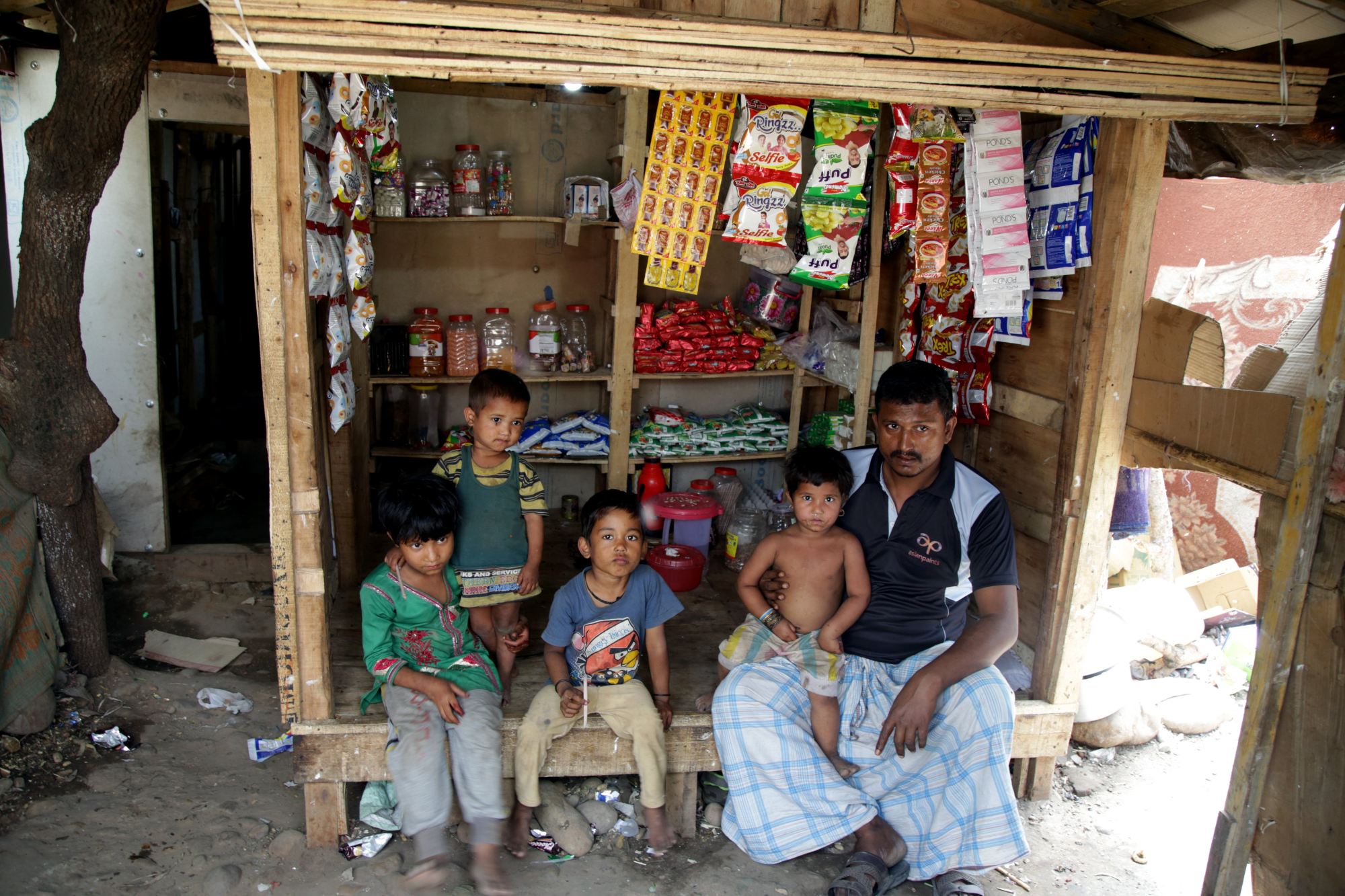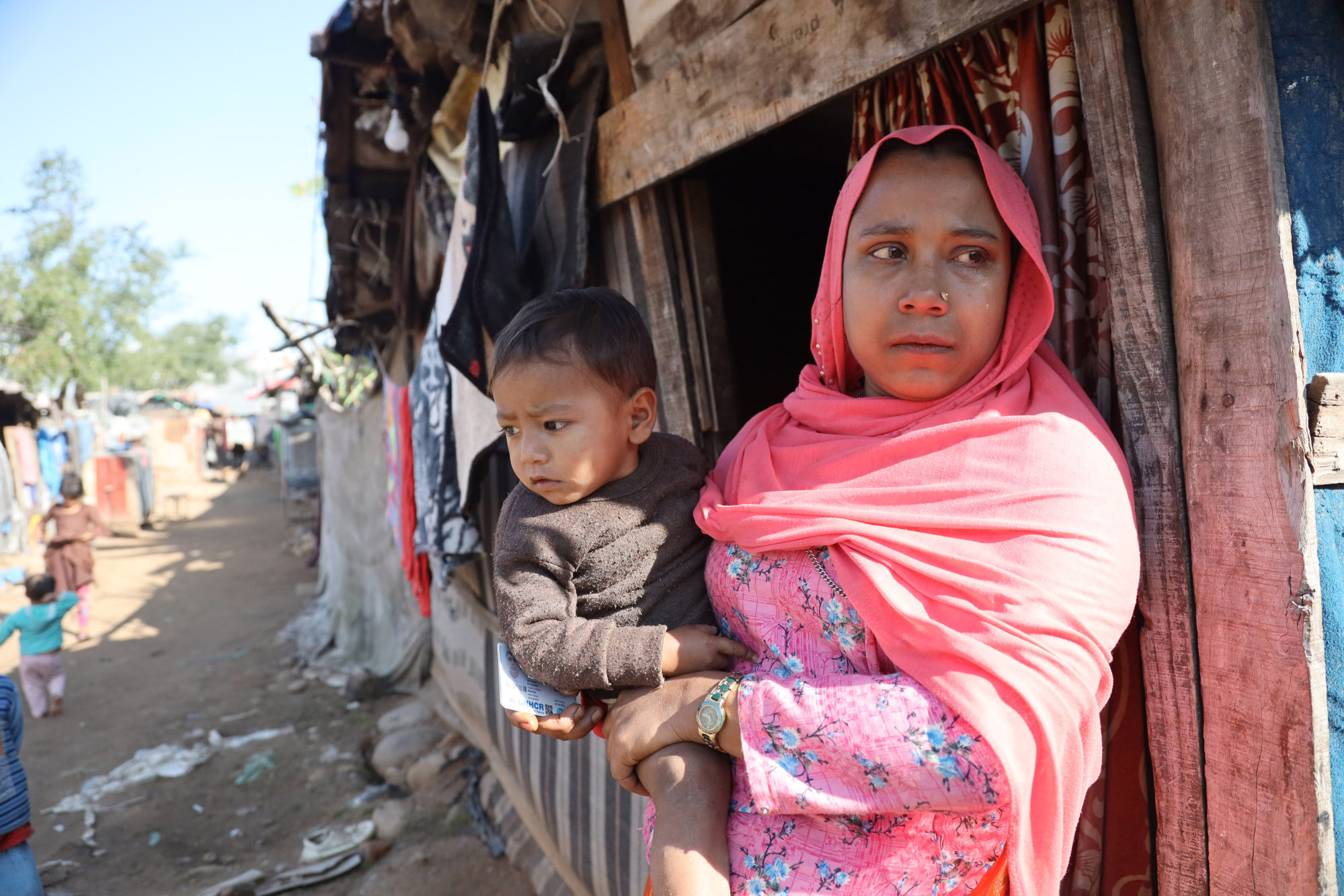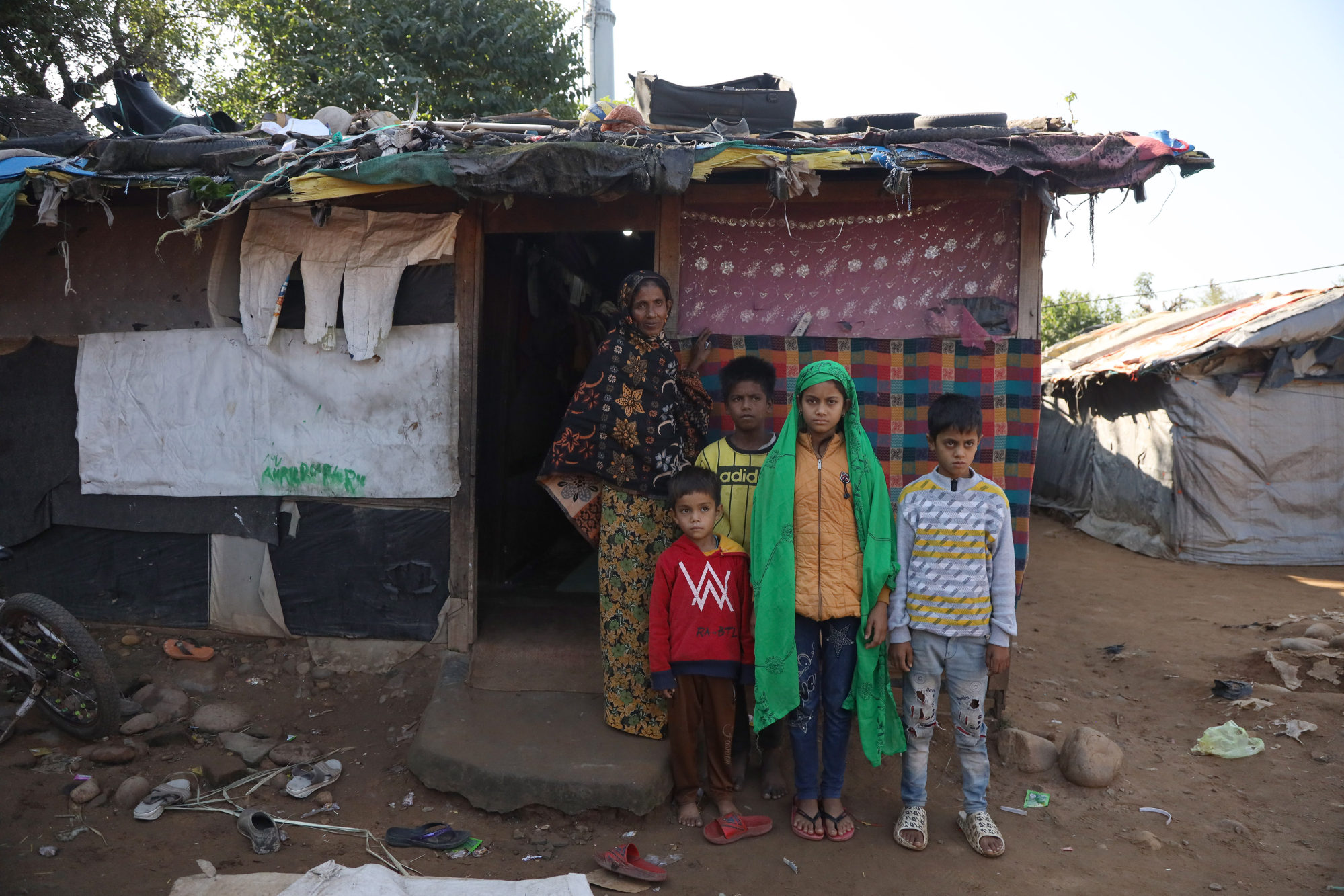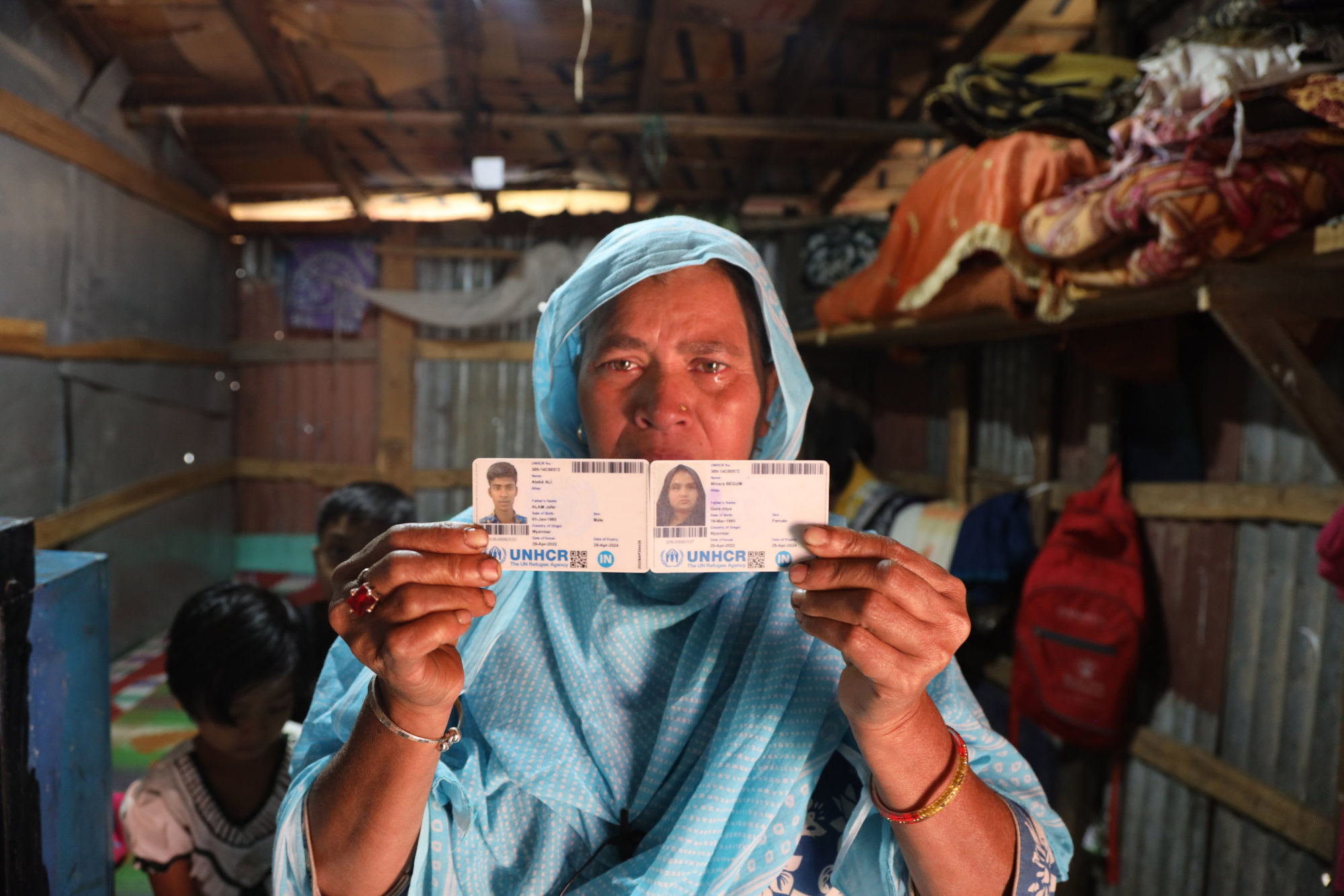Rohingya refugees fled Myanmar persecution, only to find India is no different: ‘we’re living terrible lives’
There are an estimated 40,000 Rohingya Muslims in India. The United Nations Human Rights Council has granted some 20,000 of them official refugee status, which is meant to protect them against violations of their human rights such as forced deportation and arbitrary detention.
However, this did not provide any protection for the 271 Rohingya Muslims who, like Mukhtayar’s wife, have been held in detention by authorities in Jammu since March 5, 2021.

Despite many holding official refugee status, the Indian government, which is not a signatory to the 1951 Refugee Convention, has declared any Rohingya without proper documentation to be illegal immigrants, giving authorities the power to deport or detain them indefinitely.
The 271 Rohingya Muslims detained in 2021, including 74 women and 70 children, still remain at Jammu’s Hirangar Jail, with no idea when or even if they might be released.

The prolonged detentions have shattered many families, particularly in cases where both parents have been detained.
Marhaba, 35, is currently taking care of two young children whose parents and a sibling are among the detained.
“They had no one. They belonged to the same village where I am from, and they have been living with me since their father, mother and sister were taken by the police. It has been more than three years now,” said Marhaba, who fled to Jammu in 2012.
She said neither the Indian government nor the UNHCR had provided assistance to the many children in the community living without their parents, adding that she was terrified by the thought of what would happen should she be detained.
“We are humans who fled persecution, not criminals,” Marhaba said.

Kulsum, who was just two years old when she first came to Jammu in 2014 with her parents, is living with a Rohingya family who are taking care of her and one of her sisters after the rest of their family was detained in 2020.
“It has been three years since my parents were detained by the police, they took a lot of people with them, including my mother, father and 10-year-old sister,” she said.
Kulsum said the last time she saw her mother was two years ago. “My mother told me that the policemen beat them, they don’t give them food to eat. Now they don’t allow me to meet my parents. Police say that they don’t have orders from the government.”
Jahan, 25, said she fled to Jammu with her brother, who was later arrested and remains in detention. “For five months now, I haven’t met him. The last time I met him in jail, he was not well, and the police are not allowing us to meet him any more.”
Jahan said she married a Rohingya man in 2022, two years after her brother’s arrest, because she had no other means to take care of herself.

Rohingya parents whose children are stuck in detention are also feeling the pain. Shahida came to Jammu in 2012 with her son after the rest of her family was killed, only to see him arrested earlier this year.
“I don’t have anyone here, I only have my son. The last I saw him was in June, but since then the police have not let me meet him. I don’t know if he is dead or alive,” Shahida said.
“I am thankful to the government that they gave us a place to live, but I request them to release my son. We came to India to keep ourselves alive,” she said, adding that she was willing to go to any other country if the government would just release her son.
Last year, India’s federal home ministry said in a statement that authorities would work to deport “Rohingya illegal foreigners”, contradicting a minister’s earlier statement promising flats and security to members of the Muslim minority.
India must probe arrests of Rohingya Muslims, cease crackdown: rights group
India must probe arrests of Rohingya Muslims, cease crackdown: rights group
John Quinley III, a director at Fortify Rights, previously told This Week in Asia that part of the reason for this was that India’s ruling Bharatiya Janata Party (BJP) had been casting the community in a negative light.
“Many BJP politicians over the years have stirred up anti-Rohingya sentiment, using discriminatory language and policy,” Quinley said.
Fortify Rights is one of many human rights groups calling on the Indian government to stop persecuting Rohingya refugees and protect them instead.
“India should provide a safe haven for Rohingya fleeing genocidal attacks and other international crimes in Myanmar,” said Zaw Win, human rights specialist at Fortify Rights. “Rather than continuing their persecution, the Indian government should allow Rohingya refugees access to legal status, education, livelihoods and freedom of movement.”
Additional reporting by Reuters


 Offers free spin
Offers free spin